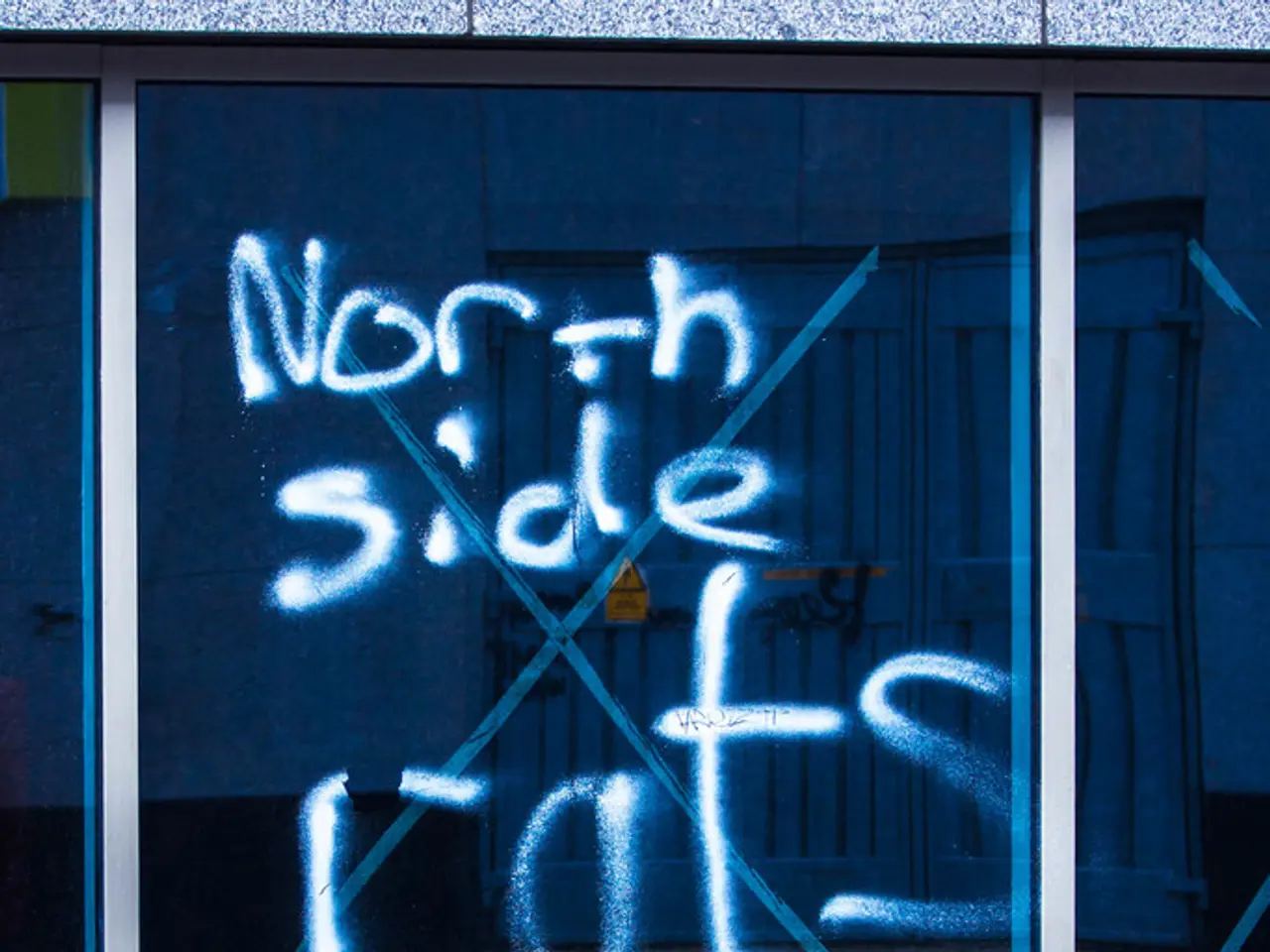Migration reversal in progress, shows decrease in asylum applications according to Söder - Migration is undergoing transformation, according to Söder
Decline in Asylum Seekers and Increase in Deportations in Bavaria
In the first half of 2025, Bavaria, a German state known for its picturesque landscapes and vibrant culture, has witnessed a significant shift in its migration patterns. The number of new asylum seekers has more than halved compared to the same period in 2024, according to Markus Söder, the state's Minister-President.
This reduction in asylum seekers and the concurrent increase in deportations are primarily attributed to stricter immigration controls and faster processing of asylum cases. The authorities have intensified border inspections and controls, in collaboration with neighbouring countries like Poland, to curb irregular migration routes exploited by human traffickers.
Moreover, the asylum process has been streamlined to reduce backlogs, resulting in quicker decisions and more frequent enforcement of deportations for those without valid claims or residence permits. This swift action has led to a noticeable decrease in new asylum seeker arrivals in Bavaria and an increase in the number of deportations carried out during the first half of 2025.
The Bavarian border police have been continuously deployed at 12 border crossings since the tightening of border controls. As a result, in the first half of 2025, the authorities in Bavaria recorded 1,788 returns of foreigners and 7,562 voluntary departures. The number of smuggling cases has more than halved compared to the previous year, to a total of 36 cases.
The number of deportations and voluntary departures in Bavaria rose to 9,350 in the first half of 2025. Priority has been given to the deportation of criminals in Bavaria, with 674 persons who had been convicted of criminal offenses being deported by the end of June 2025.
The state government's tougher stance on immigration enforcement, prioritizing deportations, has been met with mixed reactions. While Markus Söder and Interior Minister Joachim Herrmann have been praised for their efforts in tightening border controls, the Bavarian Refugee Council has criticized the choice of words by the state government. They argue that reinforced border controls aren't solving any problems and are leading to unlawful expulsions.
Despite the criticism, Söder clearly ruled out a swift end to the tightened border controls, stating that "the direction is right, but we will still need a lot of patience." He also emphasized that no more refugees should be accommodated in sports halls.
The number of people living in asylum accommodation in Bavaria decreased from 138,000 at the end of 2024 to 128,800 by the end of June 2025. It is expected that the number of asylum seekers will continue to decline, so that no new accommodation places will be needed in the municipalities in total.
Joachim Herrmann stated that the accommodation is still around 87 percent occupied. The two politicians have also called for more deportation flights, including to Afghanistan, to further address the issue of migration management in Bavaria.
[1] Bundesamt für Migration und Flüchtlinge (BAMF) [2] Statistisches Bundesamt Deutschland (Destatis) [3] Bayerisches Staatsministerium des Innern, für Bau und Heimat (StMiBauH) [4] Deutsches Aktionsbündnis Asyl und Flüchtlingshilfe (DAAFH) [5] Europäische Union (EU)
- The decline in asylum seekers and increase in deportations in Bavaria can be linked to various policy initiatives, such as the Community policy, employment policy, and policy-and-legislation within politics, as outlined by the actions of the state's government.
- General news outlets have reported on the intensified border controls and collaborations with neighboring countries like Poland to curb irregular migration routes, which is a significant aspect of the crime-and-justice category.
- The Bavarian Refugee Council criticized the state government's approach to immigration, claiming that reinforced border controls may lead to unlawful expulsions, stirring up debates in both the general news and crime-and-justice sectors, and highlighting the need for a balanced and humane employment policy geared towards asylum seekers.







